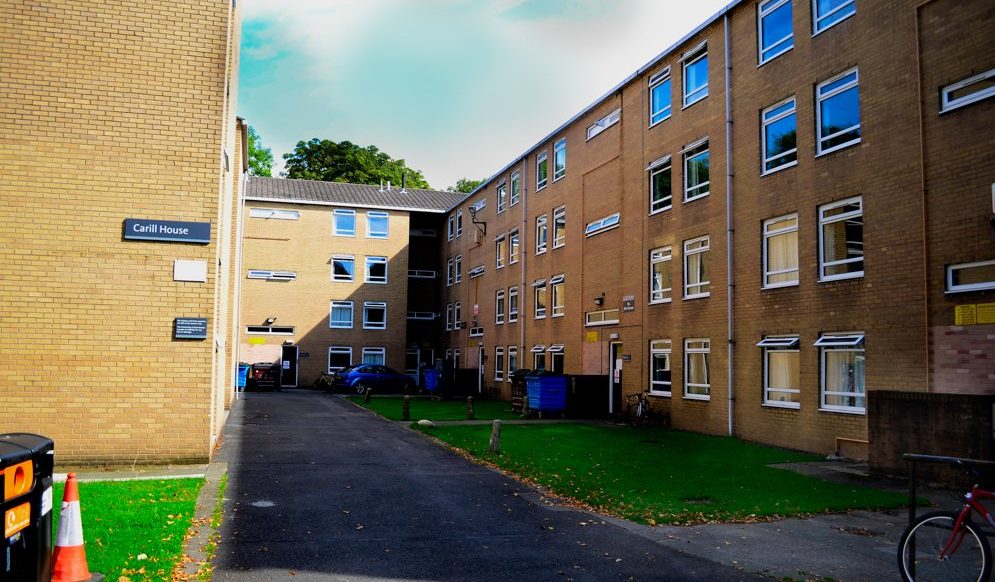Over the years, thousands of Nigerians have embarked on a journey of hope and desperation, leaving behind loved ones and familiar landscapes in search of a better life. The trend has gained momentum, with many heading to the UK. But why is this mass exodus happening, and what are the stories behind it? The recent documentary Why Everyone is Leaving Nigeria for the UK sheds light on this phenomenon and the struggles and triumphs of Nigerians who have chosen to leave their homeland. Here are the key points from the film.
1. The Search for Stability and Opportunity
Nigeria has long been plagued by economic instability, weak infrastructure, and limited opportunities. Many citizens, feeling trapped in a country that doesn’t offer a promising future, have activated their “Plan B”—relocating to places where they can build a more secure life. People dream of living in countries that have reliable systems and governance, which are perceived to offer a better quality of life.
2. Balancing Love for Nigeria with Self-Preservation
One of the most poignant themes in the documentary is the bittersweet reality of leaving a beloved country for a more promising future. Many Nigerians who emigrate love their homeland deeply but are forced to prioritize the well-being of their families. Despite the emotional pain of leaving, they often see no alternative when faced with concerns about safety, lack of infrastructure, and economic stagnation.
3. Health Care Woes: A Major Push Factor
A lack of adequate healthcare is one of the most significant issues driving emigration. The documentary reveals heart-wrenching stories of medical mismanagement and emergencies that ended in tragedy. One woman recounted how she lost her child due to delayed medical intervention, while another shared the story of her father being misdiagnosed. In contrast, the healthcare system in the UK, despite its imperfections, provides life-saving services that many Nigerians feel they cannot do without.
4. Trauma from Violence and Uncertainty
The instability caused by violence, such as the Boko Haram insurgency and the traumatic EndSARS protests, has also driven many to leave. The documentary highlights firsthand accounts of living in regions plagued by terror attacks and the desperation people feel when basic safety is not guaranteed. The psychological scars from such events have led to a widespread yearning for a stable and secure environment.
5. The Challenges of Life in the UK
While the UK promises safety and structure, the reality for many immigrants is far from easy. From dealing with cultural isolation to facing overt and covert racism, adapting to life abroad is challenging. The documentary captures stories of discrimination, such as people being mistaken for thieves simply because of an act of kindness or being overlooked in professional settings due to unconscious bias. The cost of living is another harsh reality, with high rent prices and childcare expenses forcing many families to work multiple jobs or make sacrifices.
6. Cultural Adjustments and Loneliness
For many, life in the UK can be a solitary experience. The culture shock is real, with people having to adapt to new social norms, such as standing in queues and learning to say “please” and “thank you” in everyday interactions. Additionally, the documentary delves into the feelings of isolation some immigrants experience, as they often have to rebuild their social networks from scratch and contend with cultural misunderstandings.
7. The Pressure to Succeed and Adapt
The film emphasizes the intense pressure Nigerian immigrants face to succeed. Many arrive with dreams of building wealth quickly, only to be humbled by the demands of working life in the UK. There is a sobering reality that academic degrees often hold little weight without UK work experience. As a result, highly educated Nigerians sometimes find themselves working entry-level jobs as they try to establish themselves in their new environment.
8. Raising Children and Navigating Cultural Conflicts
Parenting abroad introduces unique challenges, particularly when trying to uphold Nigerian values while children are exposed to British culture. The documentary reveals that this balancing act can be fraught with tension, especially on sensitive issues like LGBTQ+ education in schools. Immigrant parents must navigate these complexities while staying true to their cultural and religious beliefs.
9. Hope for Nigeria’s Future
Despite the struggles and sacrifices, the documentary also shines a light on the untapped potential of Nigeria. It acknowledges that many Nigerians who have emigrated remain law-abiding and contribute positively to their host countries, particularly in sectors like healthcare. The film poses a question of “what if”—what if Nigeria had better governance and infrastructure? Many of the nation’s brightest minds might choose to stay and build their homeland rather than taking their talents elsewhere.
Conclusion: The Unending Desire to Japa
The Japa culture, derived from the Yoruba word for “to run away,” is rooted in a deep desire to escape the limitations of a struggling nation. Yet, even as they seek better opportunities abroad, many Nigerians never fully close the door on their homeland. The documentary leaves viewers with a sobering reminder: until Nigeria’s root problems are addressed, this story will keep repeating itself. As one person poignantly said, “I love my country, but there’s no hope.” This statement encapsulates the heart-wrenching reality for those who feel they must choose between their love for Nigeria and a better life for their families.
Did this blog post resonate with you? Feel free to share your thoughts and stories in the comments. And if you enjoyed reading, don’t forget to hit the like button and subscribe for more insights on global migration trends.










